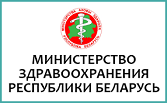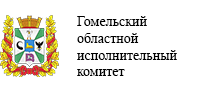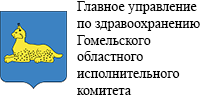Prophylaxis of cancer is real!
Do not smoke.
If you smoke, try to give up this habit. Refusal to smoke at any age and with any "experience" reduces the risk of lung cancer, oral cavity, mouth, esophagus, stomach, pancreas, bladder, cervix.
Refusal to smoke prevents the development of such formidable diseases as myocardial infarction, cerebral stroke.
Do not smoke in public places, at home, at work
You put your nonsmoking wife or your husband at risk of lung cancer, or just a person nearby.
Try to avoid being overweight, be mobile and physically active
Eat moderately. Limit the consumption of meat and oil and other products that contain animal fats, as well as salty and smoked products. Include in your diet more fruits and vegetables, fish and other seafood. When cooking, use vegetable oils.
Regularly engage in physical education, run, make long walks quick steps. Physical exercises should take at least 40 minutes a day (3.5-4 hours per week).
Drink moderately
If you drink alcoholic beverages, you should limit their consumption. For men, the amount of alcoholic beverages per day should not exceed 50 ml of vodka (or other spirits), 250 ml of dry wine or 500 ml of beer. Women are safe taking half the doses of alcohol. Following these recommendations will reduce the risk of cancer of the oral cavity, pharynx, larynx, esophagus, stomach, liver, breast cancer in women.
Beware of excessive exposure to sunlight or other sources of ultraviolet radiation. Special care should be exercised by people with very light skin, which are prone to burns. Especially dangerous stay in the sun between 12 and 15 hours. Protective creams protect from burns, but not from the development of skin cancer and melanoma. Sunbathing in tanning beds is no less dangerous than under the sun. The statements about the safety of tanning in a solarium are unreasonable.
Strictly follow the safety rules aimed at preventing contact in the workplace with substances and physical factors that cause cancer.
Women aged 18-60 years should participate in the cytological screening of cervical cancer. Screening should be conducted at least once every 3 years.
Women older than 40 years should participate in mammographic screening for breast cancer. Mammography should be performed at least 1 time in 3 years.
Men and women over the age of 50 should take part in the screening of colorectal cancer. It is recommended that a colonoscopy be performed once every 10 years or sigmoidoscopy once every 5 years.
Girls aged 12-14 years are recommended to carry out vaccination against human papillomavirus (HPV). Vaccination does not exclude the need for participation in cytological screening (or screening for the detection of HPV infection).



















